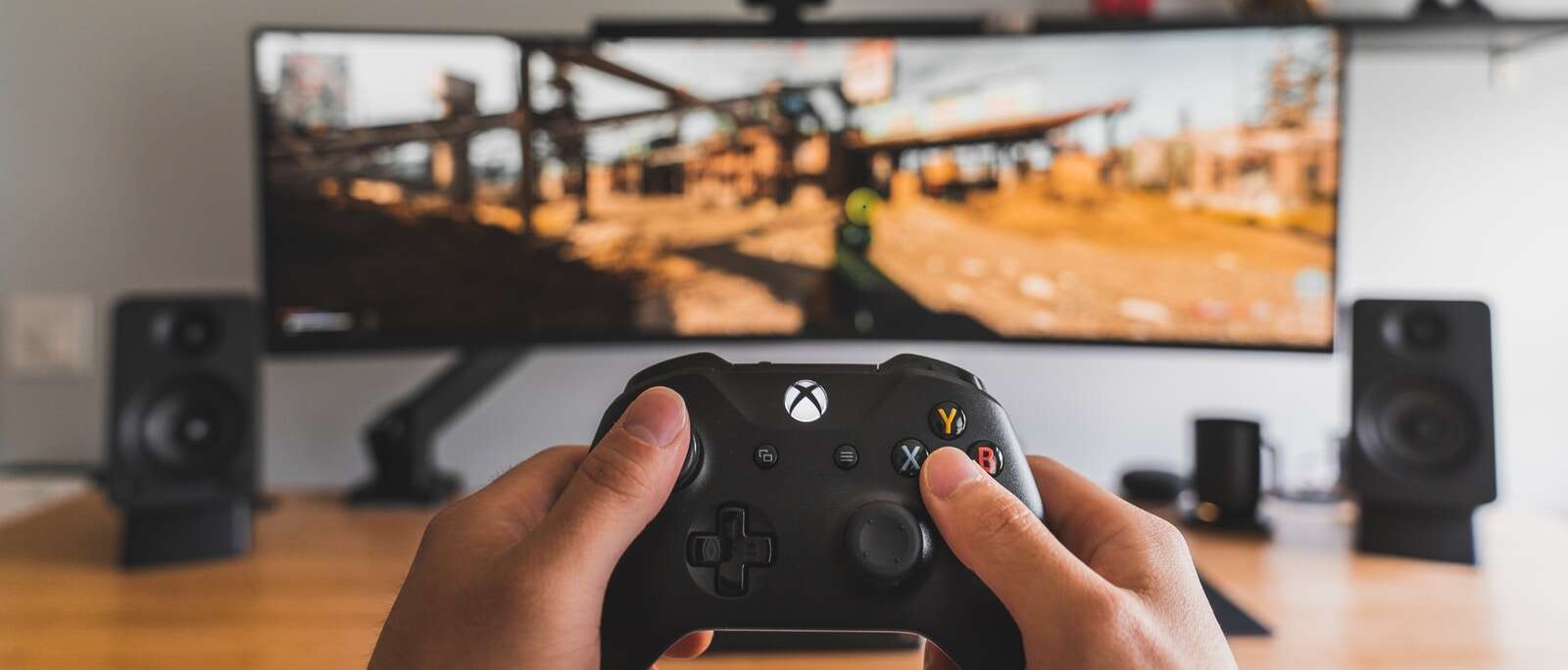As governments have enacted further restrictions to combat the Omicron variant, they should also keep an eye on mental health indicators. A new University of Guelph study from the early months of the pandemic found distress caused by COVID-19 sparked an increase in potentially addictive behaviours from compulsive shopping to overeating to gambling and gaming.
Researchers found the increase in addictive behaviours was connected to the intensity of distress experienced during COVID lockdown, especially for legal drug use, gambling and overeating. They also found the most common addictive activities for men were gaming; for women, excessive shopping.
In one of few studies to track a range of addictive behaviours linked to growing distress during the early months of the pandemic, the researchers call for better health screening, especially for people with mental health disorders lacking access to counselling and other services.
Dr. Sunghwan Yi, a professor in the Gordon S. Lang School of Business and Economics, said people with potentially addictive behaviours – especially those lacking close family or friends — might also benefit from check-ins by members of volunteer groups.

Referring to self-isolation measures adopted in early 2020, Yi said, “We need to pay greater attention to those people spending suddenly available time alone.”
The paper was published recently in the Journal of Behavioural Addictions. Co-authors were Dr. Aniko Maraz and Dr. Eva Katzinger, both in the Institute of Psychology at the Humboldt University of Berlin.
Between March 26 and Oct. 2, 2020, the researchers used self-reporting online questionnaires to ask people in an Amazon survey database about eight potentially addictive behaviours: shopping, alcohol, smoking, legal substances, illegal substances, gambling, gaming and overeating.
They used a standard “perceived stress scale” to gauge distress and asked participants to assess their stress caused by the coronavirus outbreak.
Over the 191 days of the study, they sampled groups of 25 participants every three days. In all, 1,430 participants took part – 562 women and 858 men, aged about 37 years on average.
All eight addictive behaviours increased over the six-month period and were correlated with the intensity of distress people felt. Self-reported distress gradually increased for two months after the onset of the pandemic.
‘Their first response is to escape distress’
Yi, a professor in the Department of Marketing and Consumer Studies, said similar results have been found by other investigators, although he said the current study covered more types of addictive behaviours, and tracked links between distress and problem behaviours over more than six months.
Those links were not unexpected, he said: “We know people experience distress when they experience an unfamiliar threatening situation.”
The team wanted to see how people coped with COVID-induced lockdown that limited normal stress busters like socializing.
“When people experience distress, they are less likely to engage in constructive behaviours like building something or something job-related or reading. Their first response is to escape distress.”
Conversely, he said, it takes time and effort to develop constructive behaviours to deal with circumstances like pandemic self-isolation. Pointing to early pandemic news reports about increased family violence and problem drinking, he said, “Engaging in addictive behaviour is an easy way out of distress since this doesn’t require a lot of preparation or effort.”
Addictive behaviours may linger beyond lockdown
One bright spot: After about five months, potentially addictive behaviours began to decline, possibly as distress and pandemic-related stress waned with fewer new COVID cases being reported in the first wave and as lockdown and other restrictive measures were lifted.
However, Yi said some newly acquired behaviours may have lingered for some people even after lockdown ended.
“Some of these addictive behaviours are likely to have stuck in their routine. If you drank daily during that period, you are probably likely to keep drinking, although maybe slightly less or less often. It will be hard to suddenly reduce your drinking.”
He said the finding that shopping increased for women may partly reflect the fact that women normally tend to do more of the household shopping. The researchers didn’t distinguish between impulse or compulsive buying and other purchases such as home renovations that are not considered potentially addictive behaviours.
Yi said the initial lockdown period exposed gaps in access to counselling assistance or mental health services.
“It’s only natural to expect that people would experience distress as COVID cases rose and the lockdown was in place. Excessive drinking, gambling, shopping, etc., are easy ways out of stress for many people, and some of them are more easily losing control over them than other people when they do not receive support from friends and family members.”
He said the Ontario Lottery and Gaming Corp. and other provincial gambling corporations in Canada might also help during COVID-19 by providing information about seeking help to manage stress and by imposing more stringent restrictions on amounts of time or money spent per day on online gambling.
Contact:
Dr. Sunghwan Yi
syi@uoguelph.ca
